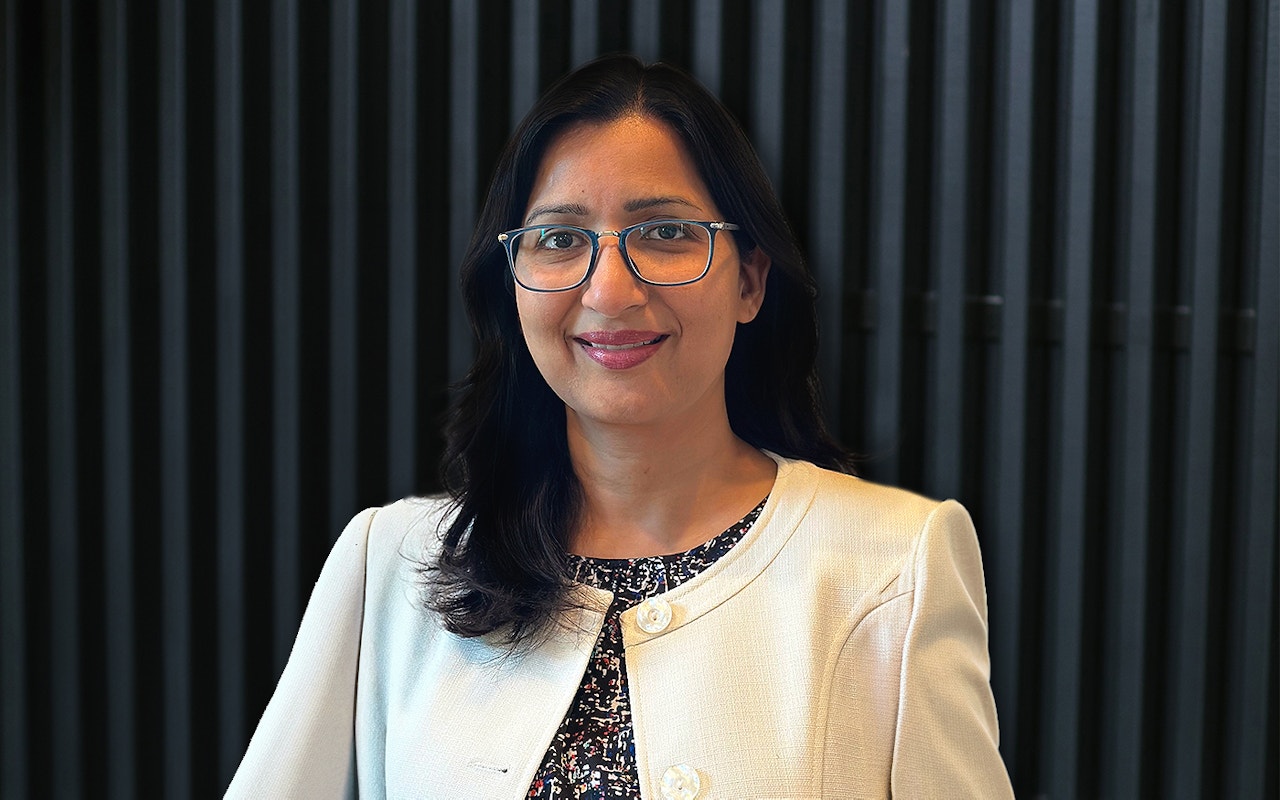
In this interview, Lovely Goyal, Head of Biometrics at Generate:Biomedicines, shares her insights about the importance of biometrics, clinical drug development at a small and nimble company, and the collaborative nature of her work.
Biometrics play a pivotal role in ensuring the scientific rigor, regulatory compliance, and overall success of clinical development programs, bridging the gap between raw data and meaningful insights that drive the development of new therapeutics. Lovely leads our biostatistics, statistical programming, and clinical data management capabilities across all development programs. She is a statistical leader with nearly 20 years of drug development experience across phases from early development, translational to regulatory filings.
Can you tell me a little more about the critical role of biometrics in clinical drug development?
Lovely: Biometrics is one of the core pillars of drug development and includes biostatistics, statistical programming, and data management. From conceptualizing and designing experiments and clinical trials to identifying the best methods to collect and analyze the data, biometrics provides the measurable, data-driven answers to our scientific questions.
Regulatory guidance can be very strict. How do you balance the rigor needed for regulatory review with the innovations that drive our work at Generate?
Lovely: Balancing the rigor needed for regulatory compliance with the speed and innovation at Generate is indeed a delicate balance. To maximize the opportunities in discovering and developing new therapeutic programs, we need to be both nimble and adaptive in our approaches. I believe in maintaining a curious mindset and being open to exploring new ideas. At the same time, we work diligently behind the scenes to make sure that all essential procedures are being followed to preserve trial integrity.
Teamwork across all cross-functional areas is vital in achieving this balance. By leveraging the collective expertise of different functional areas from platform, research, technical operations to clinical development, we ensure that our innovative approaches are thoroughly vetted and compliant with regulatory standards. This collaborative effort helps us to maintain the integrity of our work while pushing the boundaries of what’s possible in drug development.
From your perspective, what sets Generate apart from other companies in our field that are entering the clinic, potentially for the first time?
Lovely: In my prior experiences, pushing the boundaries of science and technology in drug development often felt like a stepwise approach. At Generate, it feels more like a leap. Every discussion about our pipelines and programs is infused with a sense of innovation and urgency. It makes the work exciting and brings a sense of shared purpose that makes us all feel integral to the success of our programs.
Many new companies at this stage focus on one clinical program or one therapeutic area, but we were able to successfully launch two clinical programs in two different indications together. That capability of being indication-agnostic is also an amazing proof of concept for our cutting-edge platform capabilities. Our ability to accomplish this in such a short time speaks volumes about our commitment, expertise and the collaborative efforts across all teams, which uniquely position us in our field.
What is the best advice you’ve received in your career – or in your life beyond your career?
Lovely: Professionally, the first piece of advice is about the importance of staying calm and carrying on. I know it sounds cliché, but I have observed it to be crucial to respond appropriately to any requirements and stay nimble.
Secondly, from my personal life, the advice to lead with empathy stands out. Creating a team environment rooted in empathy is crucial, especially in our fast-paced world. Someone once told me that genuine empathy brings out the best teamwork and I try to remember that.